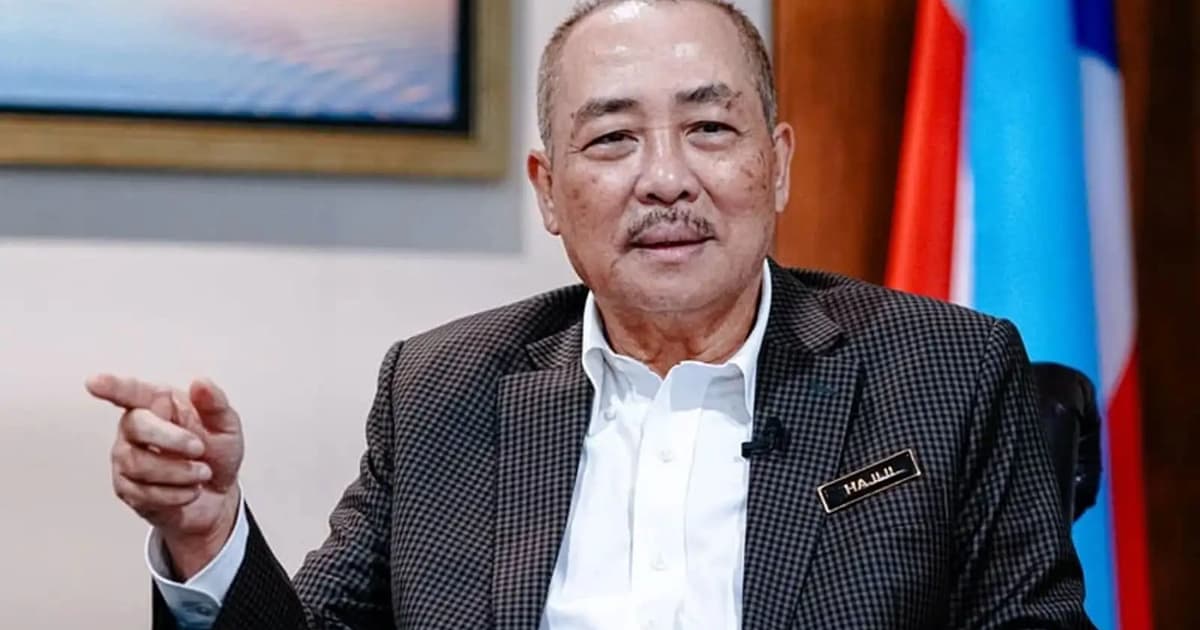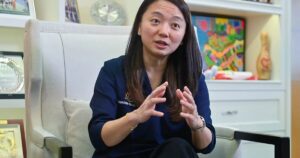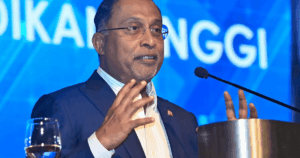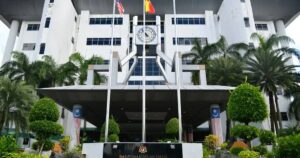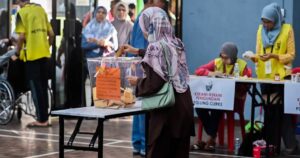
The high oil and gas revenue enjoyed by Sabah is due to the state government’s direct negotiation with Petronas’s top leaders and its explanation of what the state wants, says chief minister Hajiji Noor.
Speaking at a conference in Tanjung Aru, Sabah, yesterday, Hajiji said he held a meeting during his early days in office with Petronas chairman Bakke Salleh, and president and CEO Tengku Muhammad Taufik in Kuala Lumpur.
At this meeting, Hajiji, his then senior private secretary Armizan Mohd Ali, and Sabah finance minister Masidi Manjun presented their proposals, formulated with the help of a Sabahan O&G expert.
“When we presented our proposals to the chairman and president, I told (Bakke): ‘Tan Sri, just look, don’t comment yet’.
“After going through it, the first thing he said was, ‘Now, we finally know what Sabah wants’.”
He said Petronas had not known what Sabah wanted before the meeting, as none of what people said about its issues had reached the company.
The meeting led to further engagement with former finance minister II Tengku Zafrul Aziz, and the signing of the landmark commercial collaboration agreement following that.
“When you negotiate properly and present what is fair, you will get it.
“Today, a large portion of our state revenue comes from oil and gas. We now hold 50% in the Samarang oil field, 25% in Samur, and recently, another 25% in ZLNG. More negotiations are ongoing.
“If these succeed, Sabah’s revenue will grow even further,” he said, adding that the state’s achievements are the result of clear and firm policy direction under the Hala Tuju Sabah Maju Jaya (SMJ) development plan.
Hajiji said the SMJ framework has seen the Sabah government allocate RM1.3 billion for education in his four years as chief minister.
“Scholarships were increased from RM50 million to RM138 million, and we will seek an additional RM20 million to RM30 million next year because many children from poor families are excelling academically and deserve support.
“Through (the Sabah state education fund), we have helped more than 10,000 Sabahan students cover their first-year university fees until they secure scholarships or loans,” he said.
